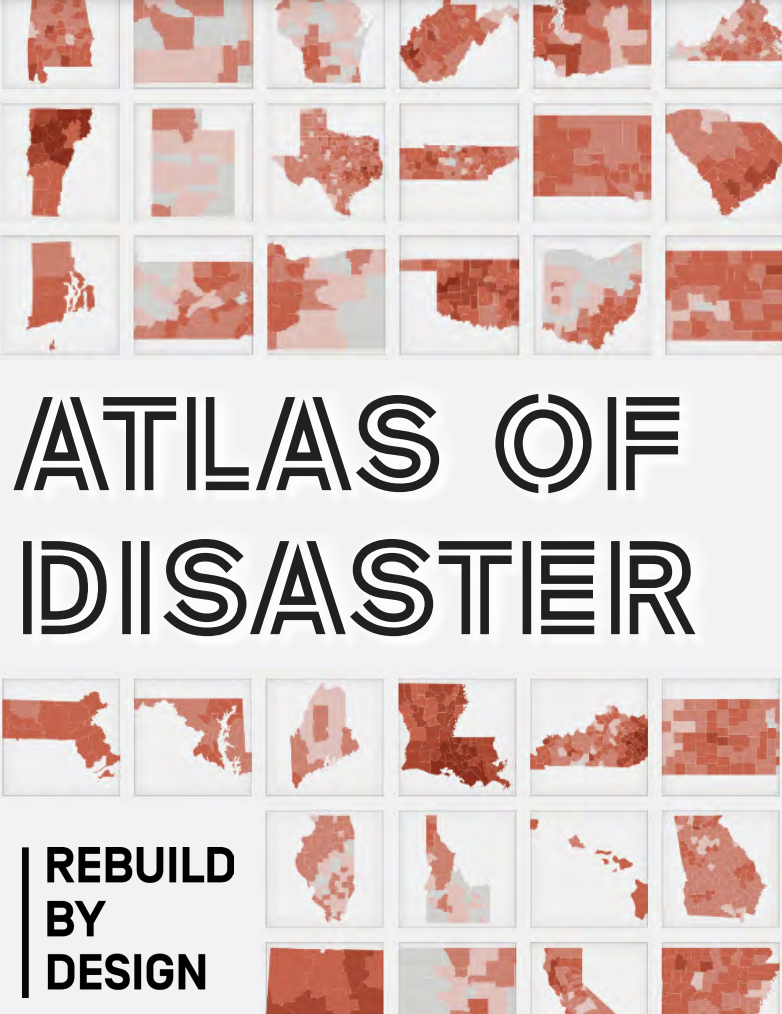WAMC Radio: Last week, state Comptroller DiNapoli issued a new report identifying a growing cost facing local governments.
According to the report, a sample of local governments across New York reported $1.34 billion in actual and anticipated spending on capital projects over a 10-year period, with about 55% of the total in response to climate-related hazards, such as increased flooding and storm damage.
The report represented only a tiny sample of localities and did not include New York City’s costs. Only 95 communities out of 353 surveyed (roughly 25%) responded. Those entities estimated that a combined $737 million would be spent over the 10-year period from 2017 to 2026 in response to climate change, with flooding and increased storm activity far outweighing other issues. Respondents reported that they funded or anticipate shouldering a majority of these costs locally (about 52%), with grants or other aid from state and federal sources accounting for the remainder.
In other words, local residents will have to pony up more tax dollars to cover the anticipated damages caused by a worsening climate.
A large chunk of that spending will involve big-ticket items like retrofitting or rebuilding infrastructure, such as wastewater or drinking water facilities. The estimated total cost of all such projects totaled $632 million, $401 million (64%) of which was attributed to climate change adaptation. The local cost of these totaled $368 million, with $235 million attributed to climate change.
DiNapoli’s office conducted a separate analysis of the costs to New York City. The report found that the City would this year spend $829 million for projects that could be considered full adaptation and resilience and another $1.3 billion that were partially for these purposes. Looking ahead, bigger financial hits were expected with the biggest costs including sewer projects ($2.3 billion over the four years), water pollution control ($1.8 billion) and the broad category of resiliency, technology and equipment ($1.6 billion).
Of course, all localities will spend more as the years progress since climate change will only be getting worse in the short term. If the world acts, eventually things could improve. Read more>>
